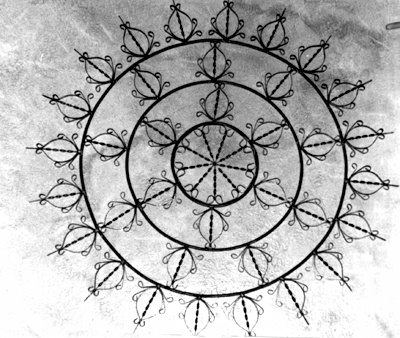All Nonfiction
- Bullying
- Books
- Academic
- Author Interviews
- Celebrity interviews
- College Articles
- College Essays
- Educator of the Year
- Heroes
- Interviews
- Memoir
- Personal Experience
- Sports
- Travel & Culture
All Opinions
- Bullying
- Current Events / Politics
- Discrimination
- Drugs / Alcohol / Smoking
- Entertainment / Celebrities
- Environment
- Love / Relationships
- Movies / Music / TV
- Pop Culture / Trends
- School / College
- Social Issues / Civics
- Spirituality / Religion
- Sports / Hobbies
All Hot Topics
- Bullying
- Community Service
- Environment
- Health
- Letters to the Editor
- Pride & Prejudice
- What Matters
- Back
Summer Guide
- Program Links
- Program Reviews
- Back
College Guide
- College Links
- College Reviews
- College Essays
- College Articles
- Back
Respect in the Workplace
America’s working world is full of all sorts of positions, desirable and not. We aspire from childhood to have a job worth doing, to make enough money to buy a home and support a family, a job we love and a job that can earn us respect. Unfortunately, not every one of those starry eyed children reach their dream job and many of them take a lot of crap for the less than anticipated jobs they have to do in order to feed themselves. Whether someone cleans toilets or saves lives should not determine how much respect they are given from society. The amount of respect due to a worker is not constituted by the importance of the job but by the dedication of the worker.
In today’s society the gap between the upper and lower classes of America is growing larger and wider by the minute simply because people want the high paying, “high respect” jobs. There aren’t enough people with the drive, ambition, and guts to take on the tasks that no one else wants to tackle. This reminds me of a show I watched with my family when I was younger called “Dirty Jobs” where the host, Mike Rowe, made it his job to go out and do the things no one else wanted to do to show America that these kinds of occupations exist and people actually do these things and, yes, there are jobs where workers have to shove their whole arm up an elephant’s butt, or collect sperm samples from horses in order to breed a winning racehorse. But why do they do it? Because every job is important to someone for some reason. There are positions to fill and, eventually, the right person will fill each position.
In the essay “The Surgeon as Priest” by Richard Selzer, the author paints an almost godly picture of what a surgeon is supposed to look like, something to revered and something to be feared. Many people would look at this essay and say something along the lines of “this is written by a man who, despite the somewhat sickening nature of it, loves his job.” Selzer records that the surgeon Vesalius is “…driven by a dark desire. To see, to feel, to discover all. His is a passion, not a romance.” From this quote along with many others found in the essay I gather that Selzer thinks of his job as higher than others because he has seen things within the human body which one could only imagine. He is dedicated to his job, which makes him a good worker.
Barbara Ehrenreich wrote about how she gave up her posh life as a middle class journalist in order to go more in-depth with her story and live among the people she was researching: workers who earned minimum wage and worked in horrible, degrading conditions in order to support their families. While Ehrenreich was working alongside the lower class I believed she gained an unrivaled respect for them in how efficiently they were able to take care of their tasks to how much of a team they were, saying: “if one of us is off sneaking a cigarette or a pee, the others will do their best to conceal her absence from the enforcers of corporate rationality.”
In an excerpt from Booker T. Washington’s “The Atlanta Exposition Address” he explains that, to gain the trust of the southern Caucasian population the African American community must start out at the bottom. They must be dedicated to their cause, dedicated to their work, dedicated to the future, dedicated to the common goal that one day there will be true and honest equality in the south. These kinds of values deserve respect for the man or woman who spent their days scrubbing floors on their hands and knees so that their children might, just might, have a chance at cleaning the sinks instead. No, a person should not be defined by the kind of work he or she does but by his or her character and commitment.

Similar Articles
JOIN THE DISCUSSION
This article has 0 comments.
